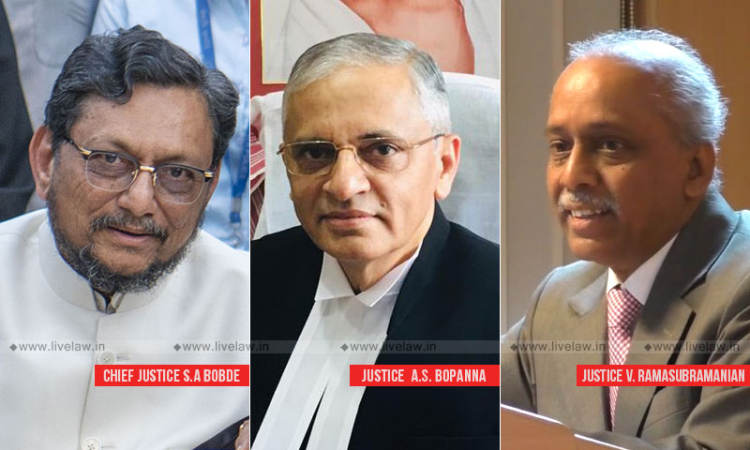Tenancy Matters Governed Under Transfer Of Property Act Are Arbitrable, Reiterates Supreme Court
LIVELAW NEWS NETWORK
24 Dec 2020 9:00 AM IST

Next Story
24 Dec 2020 9:00 AM IST
The Supreme Court has reiterated that the lease/tenancy matters which are not governed under the special statutes but under the Transfer of Property Act are arbitrable.CJI SA Bobde led three judge bench observed thus while considering a petition under Section 11(5) of the Arbitration and Conciliation Act, seeking appointment of a Sole Arbitrator for resolving the ...
